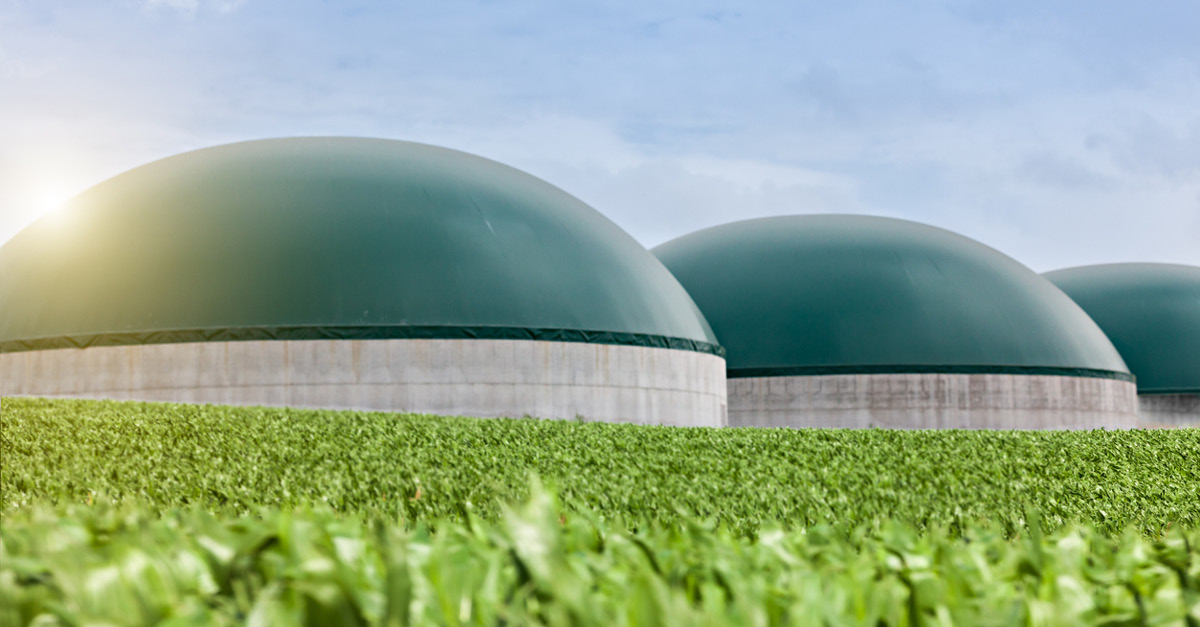Infrastructure helping decarbonise and drive the energy transition in transportation

Infrastructure assets are critical to meeting the needs of economies and communities now and in a low carbon future. They have an important role to play in the energy transition and are critical for enabling the decarbonisation of emissions-intensive sectors, such as transport.
The examples outlined below aim to demonstrate how some of our portfolio companies are supporting the decarbonisation of the broader transport value chain and addressing their own scope 3 emissions.
Supporting the uptake of electric vehicles (EVs)
-
Australian energy provider Ausgrid has partnered with JOLT, an EV charging network company, to create an EV charging network across Sydney. Using existing street-side kiosks, which are common in every suburb, the charging stations will be powered by renewable energy sources.
-
Indiana Toll Road (US), has deployed Level 3 fast-charging infrastructure at each of its four Travel Plazas for EV customers, providing compatible vehicles with an 80% charge in 30 minutes.
-
Global toll road operator Aleatica has rolled out EV charging infrastructure at selected assets and launched a pilot project to test cutting-edge wireless inductive charging for EVs on a one-kilometer section of road, adjacent to Brebemi in Italy.
-
Buckeye Partners (US) is aiming to capture opportunities in the hydrogen transportation market through its strategic investment OneH2 – a provider of scalable hydrogen fuel production systems. OneH2 is partnering with General Motors and Navistar to deploy hydrogen fueling solutions for use in the heavy-duty truck market.
Enabling delivery of Sustainable Aviation Fuel (SAF)
-
In 2021, Manchester Airport Group (UK) announced a partnership with Fulcrum BioEnergy to support the development and delivery of SAF produced at a new waste to fuels bio-refinery. Manchester Airport will be the first UK airport to have a direct-feed SAF, which will be delivered through an existing pipeline. The partnership could see up to 10% of the fuel used by aircraft at the airport replaced with SAF within five years of the new facility becoming operational. The fuel produced will have a carbon footprint at least 70% lower than that of its traditional jet fuel equivalent.
-
Colonial Pipeline (US) and Buckeye Partners safely delivered SAF for the first time to New York’s LaGuardia Airport through their networks of existing pipeline infrastructure. The companies expect to continue to deliver the environmentally friendly fuel to LaGuardia Airport, where it was first used on a Delta Air Lines flight. This partnership and product flow demonstrates how existing pipeline infrastructure is expected to play a key role in the aviation industry’s journey to net zero emissions.
-
Brisbane Airport (Australia) has committed to working with more than 100 other airports, airlines, fuel suppliers and industry stakeholders to put the global aviation sector on the path to net zero emissions by accelerating the supply and use of SAF to 10% by 2030.
Decarbonising shipping and port operations
-
Impala Terminals (UK/Europe) offers a certified carbon neutral freight service, providing an audited calculation of the indirect scope 3 GHG emissions generated through the transportation of customers’ cargoes, from collection to delivery point. Carbon credits are then purchased on the customers’ behalf with the help of advisers Natural Capital Partners, which also independently verifies that the freight service meets CarbonNeutral® Protocol.19
-
NSW Ports (Australia) is researching and designing a pilot study on the provision of shore-based electrical power to vessels while berthing and anchoring – a process known as cold ironing, which generates lower carbon emissions than vessels using their auxiliary engines to generate power at berth. IFM is also evaluating how cold ironing could be more broadly accepted in Australian port operations. This evaluation aims to incorporate learnings from other jurisdictions around the world where cold ironing has been successfully implemented.
Supporting biofuels for sustainable transportation
-
A key customer of Buckeye Partners is using the company’s Perth Amboy terminal (New Jersey) as its critical distribution point for biofuel in the Northeast US. Upon completion, this terminal is expected to be the single largest distribution point for biomass-based sustainable diesel in the region. Existing infrastructure at the Perth Amboy terminal will be adapted and repurposed to aggregate, store, blend and distribute biofuels and bio-blend stocks.
Read more about how we’re investing in the energy transition in our 2022 Responsible Business Report.
Related articles

Economic Update June 2025

IFM’s Australian operation secures Family Inclusive Workplace certification





